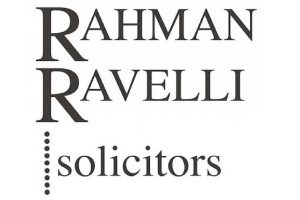How to prevent business crime

Aziz Rahman, of Yorkshire-based business crime solicitors Rahman Ravelli, explains the importance of identifying and preventing wrongdoing in your company.
Preventing business crime does not sound exciting. But failing to prevent it can be damaging in terms of legal, financial and reputational problems for companies and individuals. It can put a company at risk by seriously hampering its ability to keep trading.

Prevention
But companies of any size can take steps to avoid this happening to them. It is often the case that when a company is fined or prosecuted it will emphasise that its problems are over, that the people or practices that caused the problems are long gone and that a new, safe and legal era has begun.
When this happens, it is clear that whatever prevention measures had been in place – if any – were not good enough. This could be because the company felt unable to assess its vulnerability to business crime.
But if they are unsure what to do, they can consult a legal specialist who can examine the company’s working methods, assess the potential for crime and devise and introduce procedures to identify and prevent it.
Responsibility
At present, there is more responsibility than ever before on companies and individuals to prevent business crime. In the UK alone, this decade has seen the arrival of the Bribery Act – the most far-reaching piece of anti-corruption legislation in the world – tougher measures to tackle money laundering, greater pressure on financial institutions to report suspected criminal activity and more legislation to combat tax offences.
Greater resources have been made available for the Serious Fraud Office (SFO) to run major investigations, while the National Crime Agency (NCA) and Financial Conduct Authority (FCA) have been created with a brief to combat business crime. The belief of some in business that wrongdoing can be swept under the carpet (as it possibly could have been in the past) is now more mistaken than ever.
Business crime has risen up the UK government’s agenda. This means companies must tackle any problems they have. And if they feel unable to do this, they have to seek experts who know how to look for signs of wrongdoing, follow the evidence trail and decide the best course of action. The best course of action could be reporting it to the authorities, bringing civil proceedings against individuals or bringing a private prosecution. Doing nothing would be the worst course of action.
Taking the time to assess and reduce your potential for workplace crime does not have to cost a lot of time and effort. It will certainly be less risky – and probably less costly – than doing nothing.
Aziz Rahman is founder of Rahman Ravelli; a top-ranked business crime law firm in national and international legal guides.








